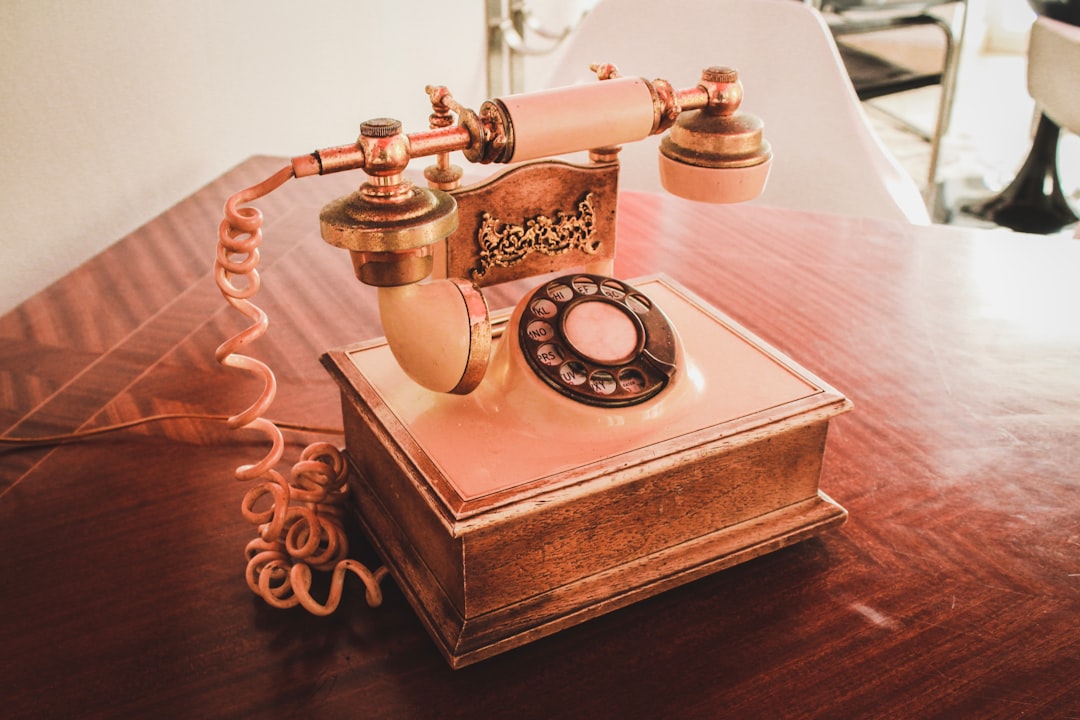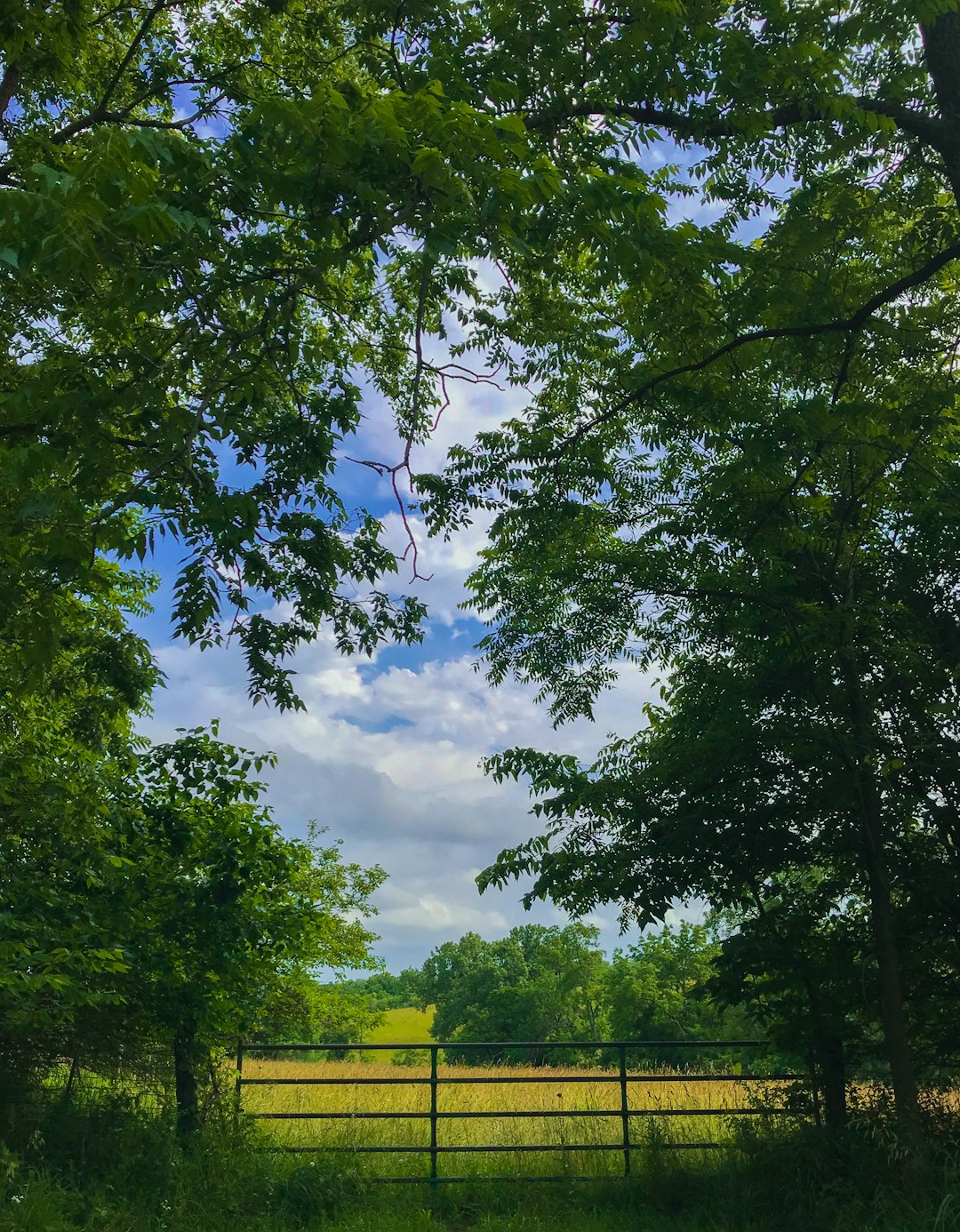Iowa's Do Not Call List, maintained by the Iowa Utilities Board (IUB), protects residents from unwanted phone calls, including spam call attorneys, with strict penalties for violators. Exemptions exist for non-profits, political campaigns, and financial institutions. The list offers comprehensive coverage against spam calls for both individuals and small businesses, fostering privacy in a bustling digital landscape. Despite its protections, spam call attorneys Iowa are exempt, catering to residents facing legal issues related to spam or telemarketing. Legal avenues exist for those violated, involving recording incidents, consulting experts, and filing complaints with regulatory bodies.
In Iowa, the Do Not Call List (DNC) is a powerful tool for residents looking to curb unwanted telemarketing calls. This comprehensive guide explores how the DNC works, who it protects, and what types of calls are excluded. We delve into the enforcement mechanisms available to Iowans and their legal rights against spam calls. If you believe your privacy has been violated, our team of spam call attorneys Iowa can offer expert guidance on your options for recourse.
What is the Do Not Call List and How Does it Work in Iowa?

In Iowa, the Do Not Call List is a registry designed to protect residents from unwanted phone calls, particularly those classified as spam or solicitation by spam call attorneys in Iowa and elsewhere. It’s a tool that allows individuals to opt-out of receiving marketing calls on their landlines, cell phones, or both. Once registered, callers who violate this restriction face penalties.
The list is maintained by the Iowa Utilities Board (IUB) and works through a system where residents can register their phone numbers online or via mail. After registration, most unsolicited telemarketing calls are prohibited. However, some types of calls, such as those from non-profit organizations, political campaigns, or certain financial institutions, are exempt. The Do Not Call List is an ongoing effort to balance consumer privacy with legitimate business practices, ensuring Iowans’ peace of mind from intrusive spam call attorneys and similar nuisance calls.
Who is Protected by the Do Not Call List in Iowa?

In Iowa, the Do Not Call List is a powerful tool designed to protect residents from unwanted and harassing phone calls, particularly those deemed as spam by the state’s consumers. The list encompasses a wide range of individuals, ensuring that every Iowan has recourse against relentless marketing or telemarketing calls. This includes homeowners and tenants who wish to enjoy peace and quiet without constant interruptions from salespeople or debt collectors.
The Do Not Call List is not just for individuals; it also provides relief to small businesses operating in Iowa. Many local companies have expressed concern over the number of spam calls received, which can negatively impact their legitimate customer outreach efforts. By registering on the list, these businesses can avoid being mistaken for unsolicited callers and maintain a positive relationship with their target audience. This measure is particularly beneficial for small business owners looking to grow their client base without resorting to intrusive marketing tactics.
Types of Calls Excluded from the Do Not Call List in Iowa
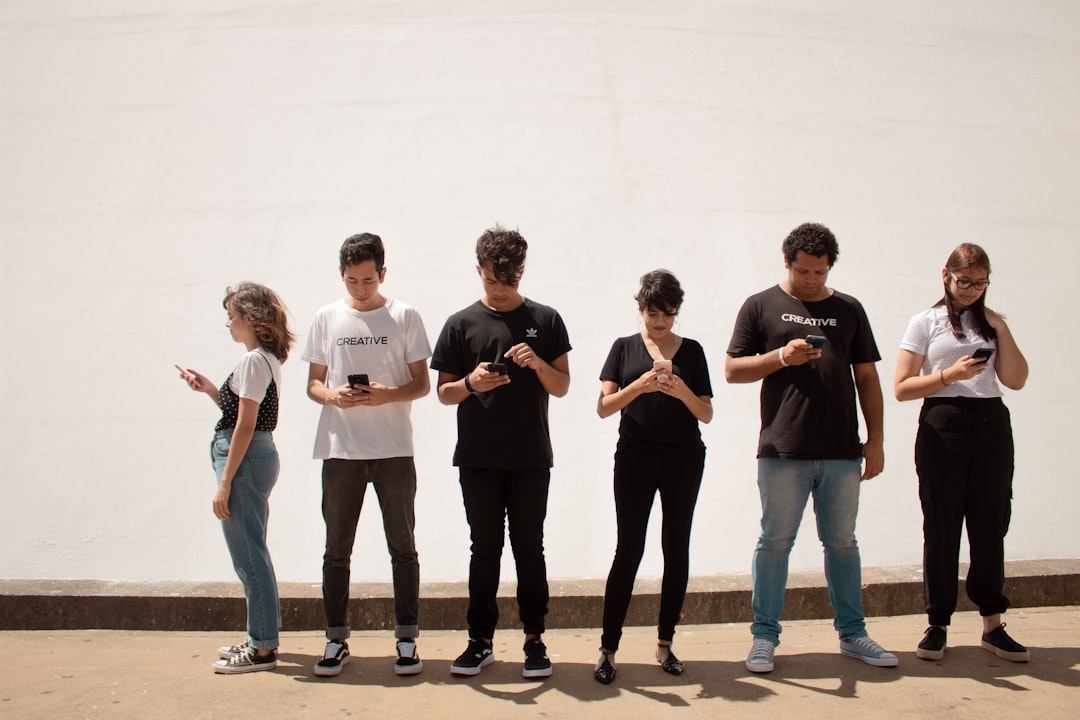
In Iowa, the Do Not Call list is designed primarily to protect residents from unwanted telemarketing calls. However, there are certain types of calls that are excluded from this list. These exclusions include calls from political organizations, non-profit groups, and companies with which you have an existing business relationship. For instance, if you’ve recently done business with a company or donated to a charity, they can still reach out to you without facing restrictions under the Do Not Call law in Iowa.
Additionally, spam call attorneys in Iowa are exempt from these regulations. Legal professionals offering services related to telemarketing or spam calls can contact residents who have listed themselves on the Do Not Call list. This exception allows individuals facing legal issues stemming from alleged spam or telemarketing activities to seek advice and representation without being disturbed by unwanted calls.
Enforcing the Do Not Call List: Rights and Remedies for Iowans
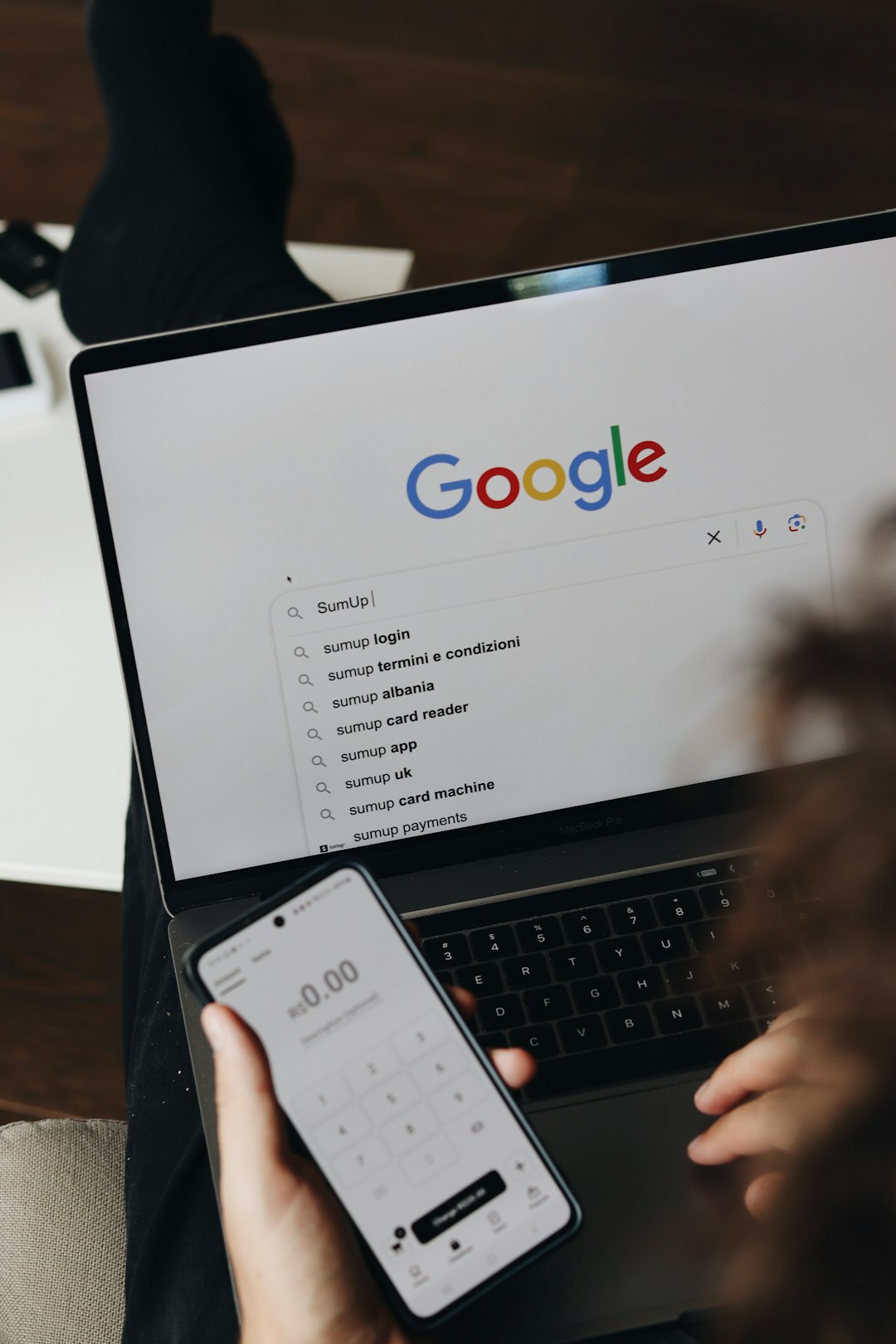
In Iowa, the Do Not Call List (DNC) is a powerful tool for residents to combat unwanted spam calls. Enforcing this list involves strict regulations and penalties for violators. Iowans have the right to request exclusion from marketing calls, and their information is protected under state law. If your number has been added without permission, you can take action against the offending party with the help of spam call attorneys Iowa. These legal professionals specialize in navigating the complexities of phone spam laws, ensuring your rights are upheld.
When a consumer’s privacy is invaded by persistent or unauthorized calls, they can file a complaint with the Iowa Department of Commerce, which oversees the DNC list. This acts as a remedy for those affected, allowing them to seek damages and hold call centers or telemarketers accountable. By exercising their rights and involving legal experts, Iowans can effectively manage and resolve issues related to spam calls, enjoying peace of mind in a bustling digital landscape.
Your Legal Options if You Believe Spam Calls Violate the Do Not Call List
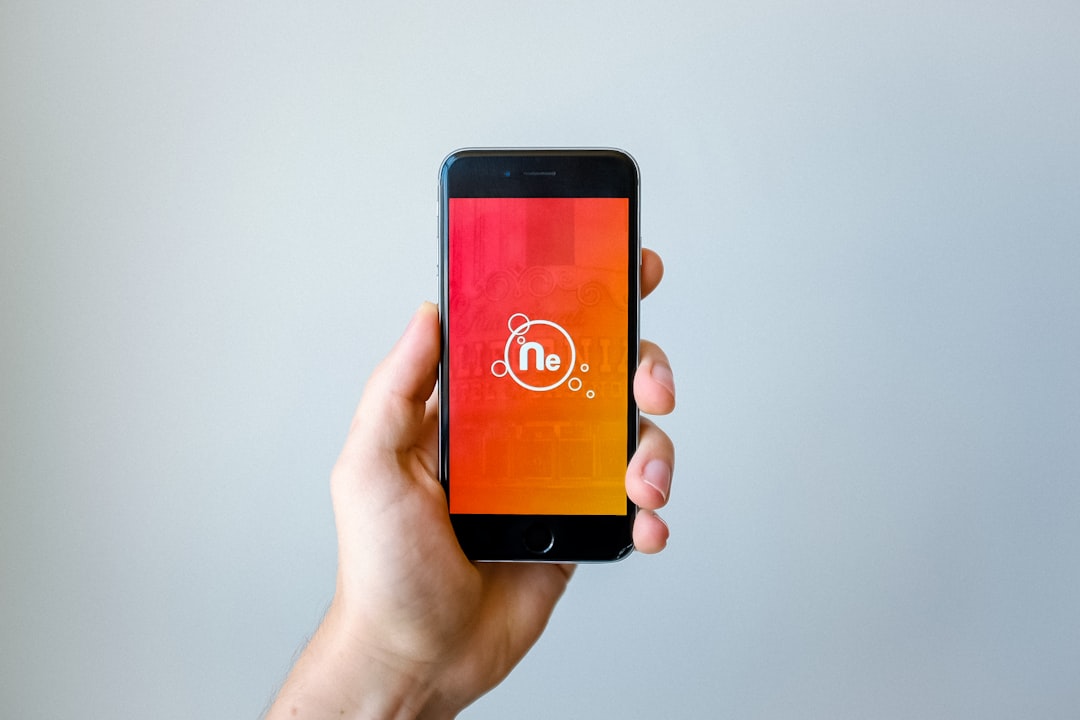
If you believe that you’ve received spam calls in violation of Iowa’s Do Not Call List, you have legal options. The first step is to document the calls, including the date, time, and any identifying information about the caller. This can include notes on what was said during the call or any marketing materials they left behind.
Contacting a spam call attorney in Iowa is a smart next step. These specialists are well-versed in consumer protection laws and can help you understand your rights. They may choose to send a cease-and-desist letter to the caller on your behalf, or they could file a formal complaint with the Federal Trade Commission (FTC) or the Iowa Attorney General’s office. Such actions can lead to fines for the violators and potential compensation for victims.


